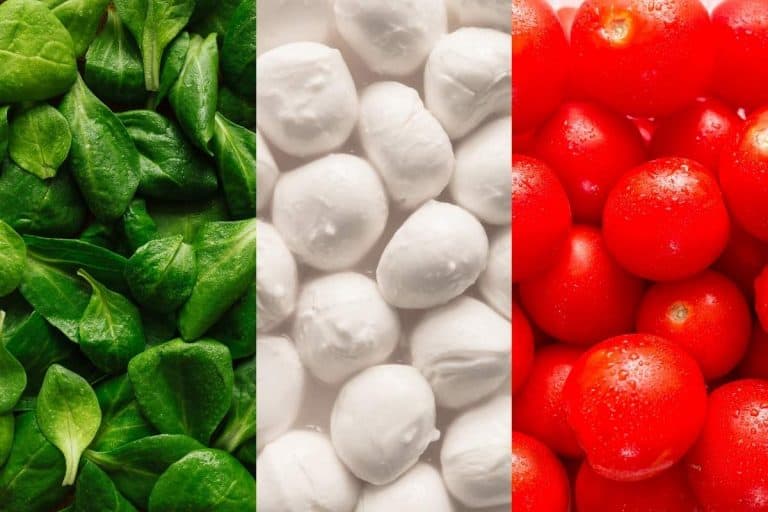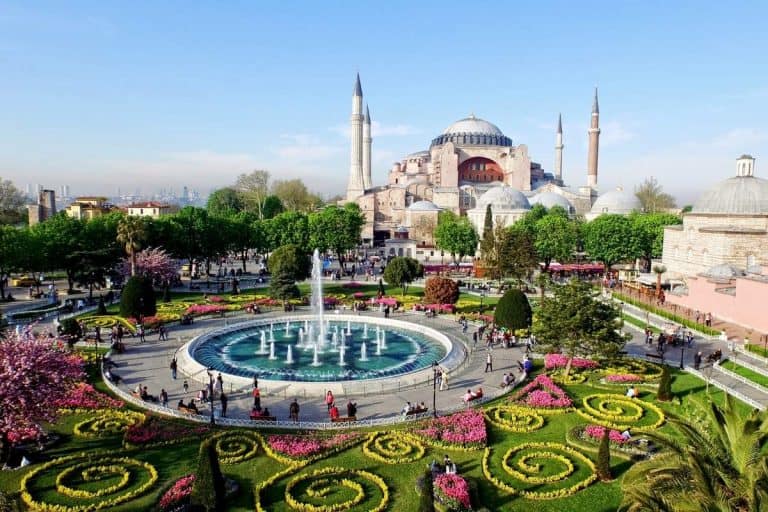Last updated April 4, 2023
It’s hard to conceptualize just how large the African continent really is, so imagine trying to put together some facts about Africa! Now we understand that Africa is a whole continent, and there are many things to know about all the different countries and regions. The continent covers 30 million square km and includes 54 countries with diverse cultures and unique traditions within them.
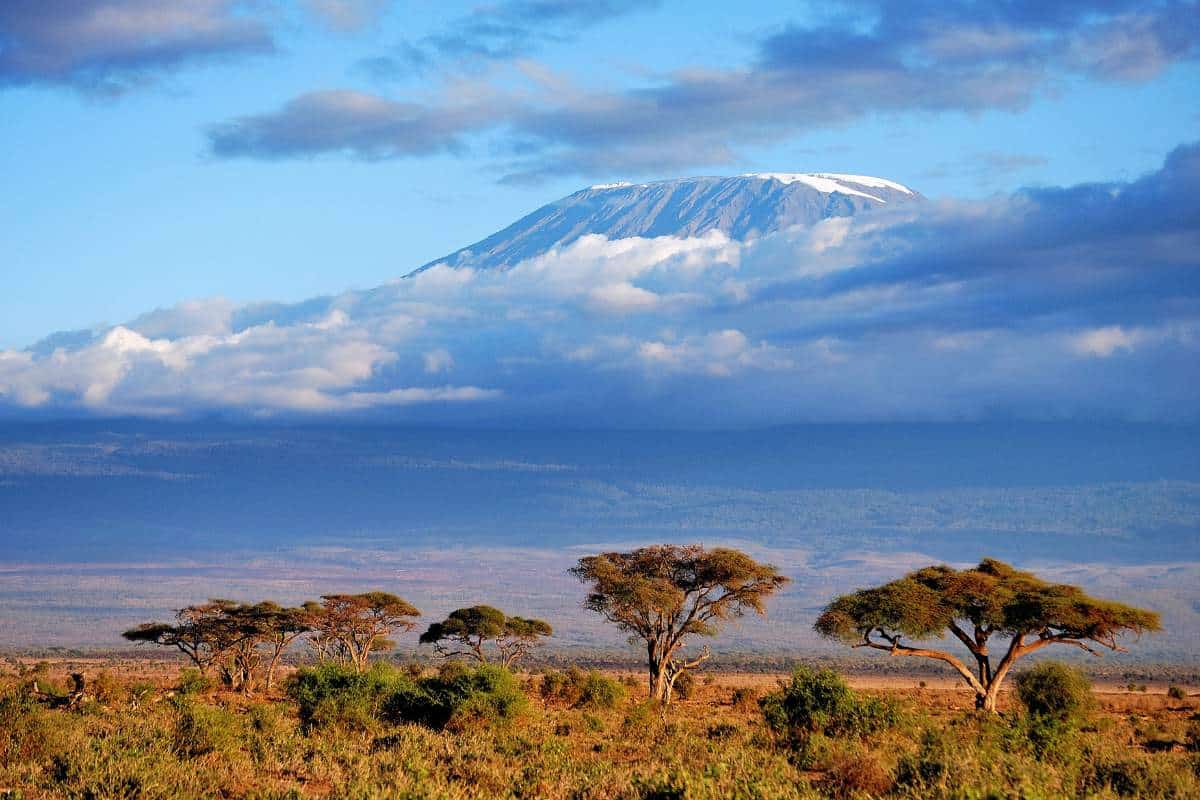
It’s a diverse place, rife with history, unique culture, and a plethora of wildlife and natural phenomena. But that gives us so much information to choose from! Such as Africa is the hottest continent, the second largest continent, and home to a myriad of animal diversity. All that and we haven’t even taken into account the human history and human life component.
Come along on this journey of discovering a few facts about Africa!
Think you’re an expert already? Then get ready to test your knowledge with our challenging fun facts about Africa quiz that is coming soon! Until then, keep reading on to learn some fun and interesting facts.
40+ Interesting Facts About Africa
Geography
~ Africa is the second largest continent in the world. From Algeria to South Africa and every country in between, spanning 11.6 million square miles, the large expanse of land on the African continent is truly remarkable. Of the 7 continents of the world, Africa is only smaller than Asia!
~ With a population of 1.4 billion people as of 2021, Africa accounts for about 18% of the world’s population. Nigeria is the most populated country and in comparison, Seychelles is the least populated country in Africa.
~ Within the African continent, there are 54 African countries (as well as quite a few disputed territories). Algeria, in northern Africa, is the largest country.
~ Madagascar is the largest island in Africa. The island nation sits just off the east coast of Africa and is the fourth-largest island in the world.
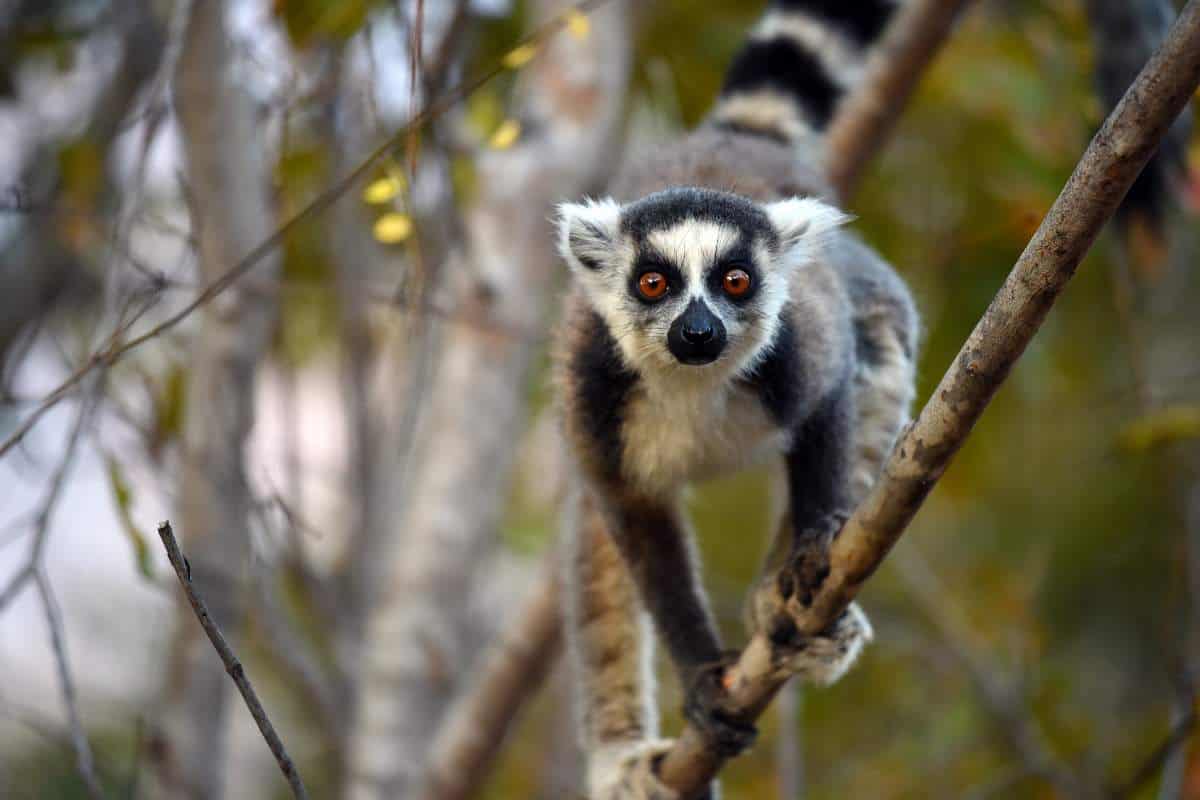
~ Additionally, over one-third of the African continent is covered by desert! There are 10 hot deserts spanning across country borders in Africa.
~ Flowing through many different African nations, including the Democratic Republic of the Congo, Kenya, Ethiopia, Egypt, and Sudan, Africa is the source of the world’s longest river, the Nile River. It has supported many civilizations throughout time and records even show that the Ancient Egyptians worshipped the Nile. Into present times, the Nile is the primary water source of Egypt, Sudan, and South Sudan.
~ Cairo, Egypt’s sprawling capital city, is set on the Nile River and is the largest city in Africa by population.
~ The African continent covers 20% of Earth’s surface and is divided up into five sub-sections: North Africa, East Africa, Central Africa, Southern Africa, and West Africa.
~ Cape Town in South Africa is the southernmost city of the African continent. The southernmost point of the African continent is Cape Agulhas, also known as the Cape of Good Hope.
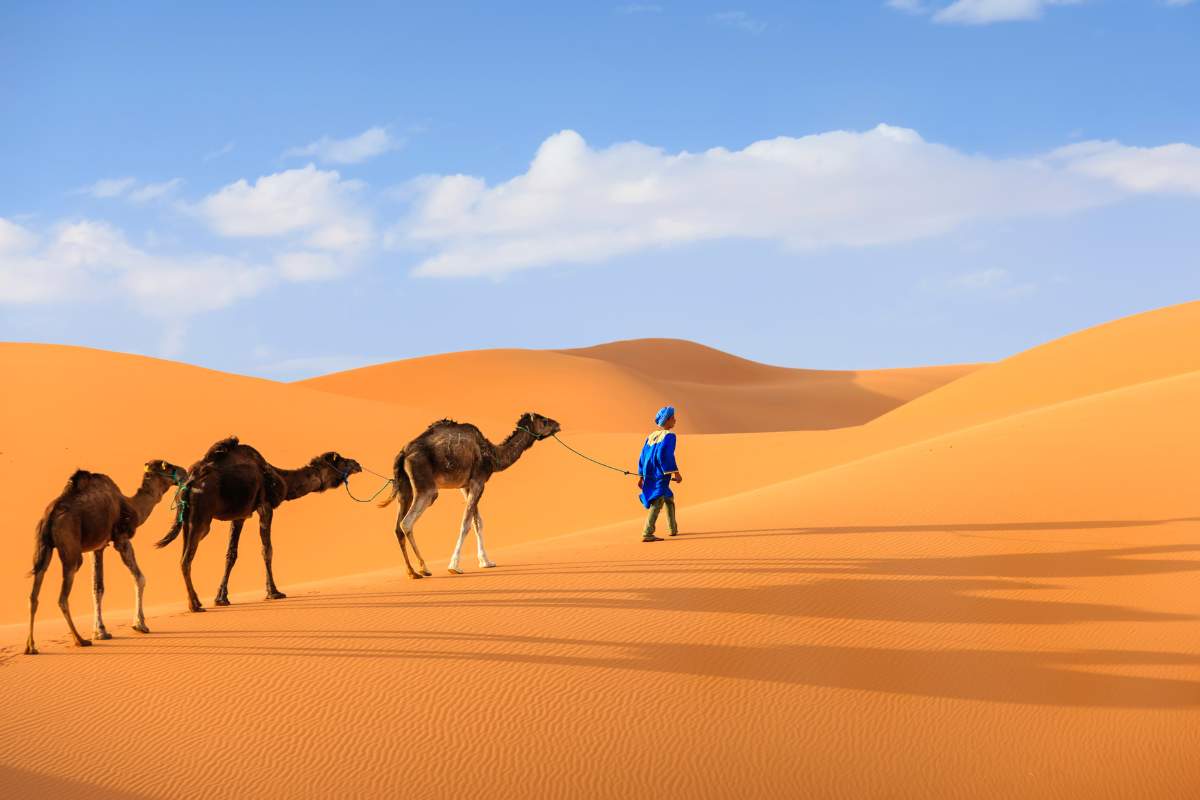
~ The Sahara desert, which covers almost all of North Africa, is the largest hot desert in the world. There are two larger deserts in the world but they are cold deserts in Antarctica and the northern Arctic. So while the amazing expanse of land that the Sahara desert covers is incredible, it is only the third largest desert overall – but the largest hot desert!
~ Mount Kilimanjaro in Tanzania, Africa, stands at a total height of 19,341 feet and is not only the tallest mountain in Africa but is also the highest free-standing mountain in the world.
Nature & Animals in Africa
~ Africa is home to over 20% of the world’s animal species.
~ Although herbivores, hippos are highly territorial and are responsible for an estimated 3,000 deaths per year. Hippos are the biggest killer of humans of all large African animals and can weigh up to 1,500 kg, making them the third biggest animal in Africa behind the African elephant and rhinoceros. Not only are they large, but they are also surprisingly FAST for their size and can run up to 30 km per hour.
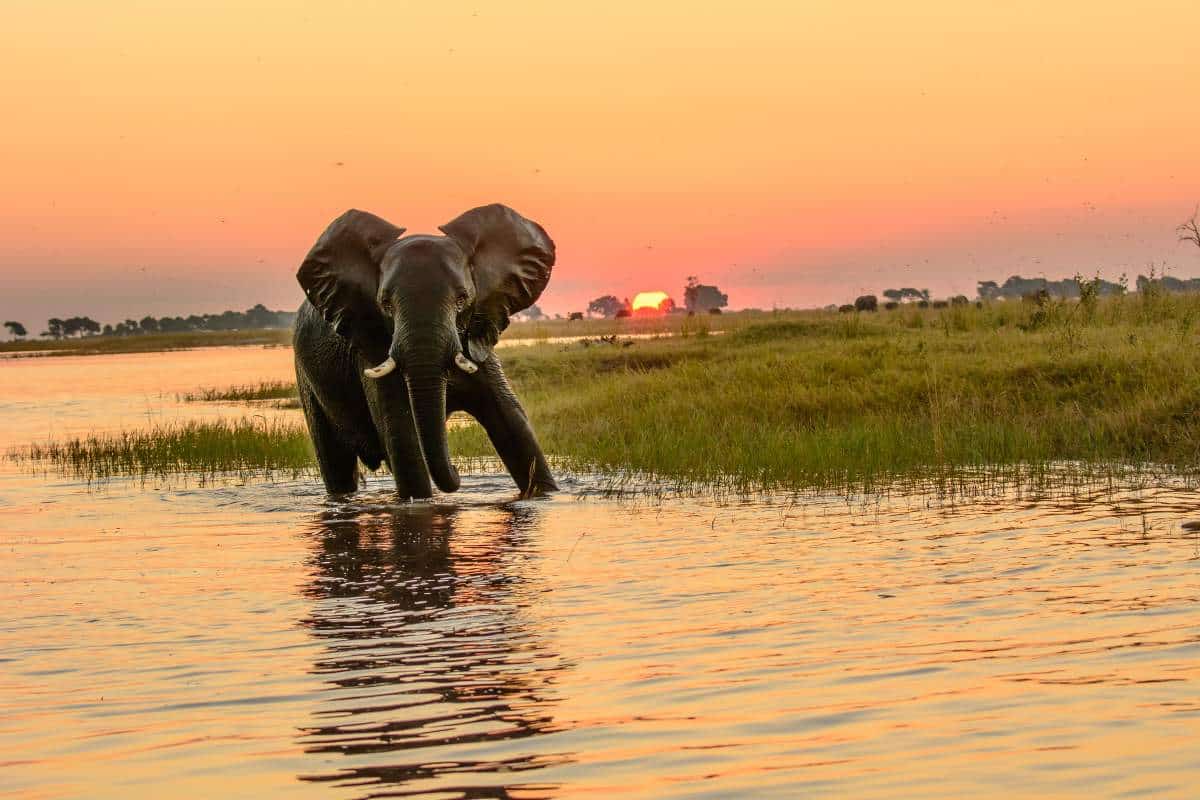
~ The African elephant is the world’s largest land animal. Adult males can stand up to 3m high and weigh up to 6,000kg, It usually takes males 35-40 years to reach their full size – about half their lifespan.
~ The cheetah is the fastest land animal on Earth. The large cat is native to Africa and Southwest Asia and can hit speeds of up to 100 km/h (62mp/h) when running.
~ The largest lake on the African continent is Lake Victoria. Bordering Uganda, Tanzania, and Kenya, Lake Victoria has a surface area of 26,600 square miles. Although it is the world’s largest tropical lake, it is second to Canada’s Lake Superior for being the largest lake in the world by surface area.
~ Victoria Falls is the largest waterfall in Africa, approximately twice as wide and twice as deep as Niagara Falls in North America. It is heralded as the world’s greatest sheet of falling water.
~ Côte d’Ivoire is a country in West Africa. Its name, meaning “Ivory Coast,” came from its trade in elephant tusks, or ivory.
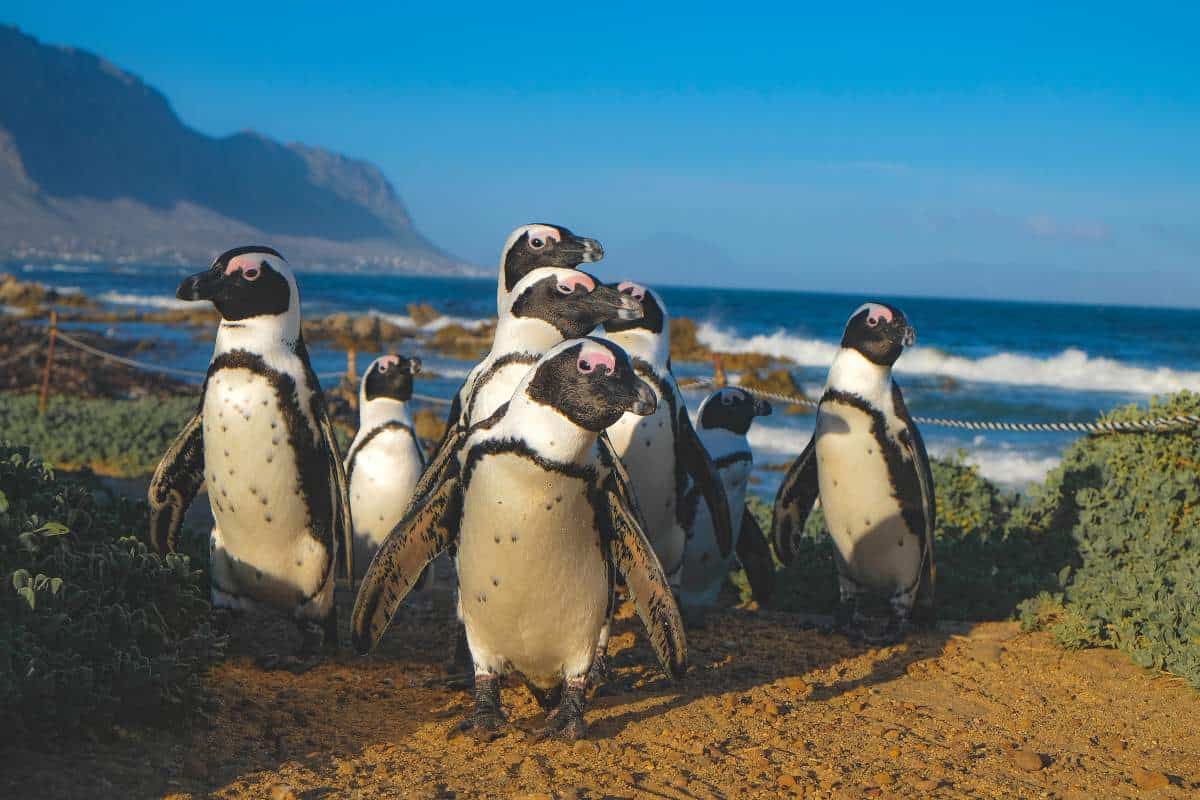
~ Now, this is a very interesting fact! Did you know that penguins live in Africa? Although endangered, there is a large colony of African Penguins near the cape in South Africa. African Penguins are the only penguin species found in Africa.
~ Located 250 miles off the east coast of Africa, the island of Madagascar is the only place wild lemurs naturally call home in the world.
History & Culture
~ The Second Congo War is the second deadliest worldwide conflict, subsequent only to World War II. This African conflict saw 5.4 million people perish in almost five years.
~ With more than 219 million people, Nigeria is the most populous country in Africa. The most populous city in Africa is also in Nigeria, Lagos is estimated to hit nearly 16 million people in 2023.
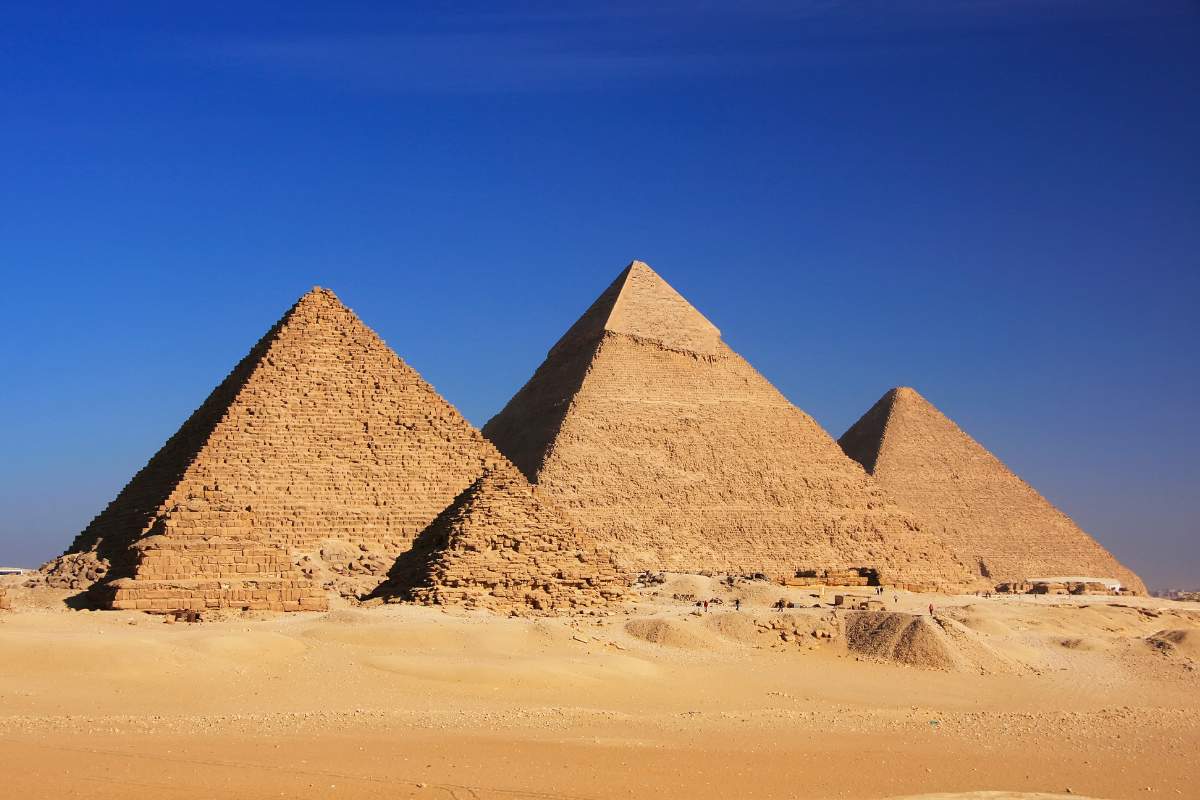
~ Ancient Egypt is one of the world’s earliest civilizations, with records going all the way back to 3300 BC.
~ With more than 300 films produced annually, Nollywood, based out of Nigeria, is one of Africa’s most lucrative film businesses.
~ Islam is the predominant religion in North Africa and many West African countries. In southern and eastern Africa, the Christian faith dominates.
~ Fossil remains show evidence of human life evolving on the African continent about 5 to 10 million years ago. In fact, Africa seems to be the first continent where humans were found. From the earliest ancestors, Africa has been described as the ‘cradle of humankind,’ where our species evolved into human beings and subsequently spread throughout the world.
~ Africa is rich in natural resources, especially minerals such as oil, copper, gold, and diamonds.
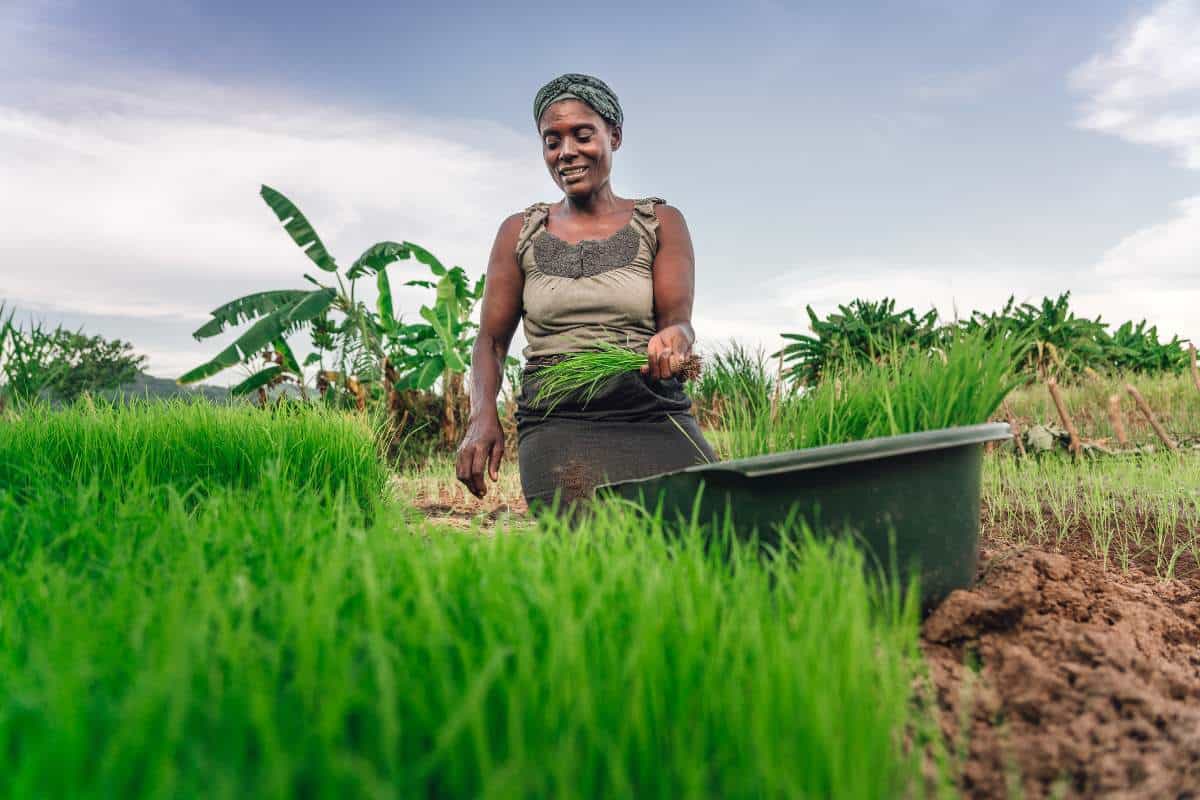
~ Africa is also ripe for agricultural products such as corn, coffee, cocoa, wheat, and fruits. Almost 65% of all Africans work in the agricultural sector.
~ There were many powerful kingdoms on the African continent throughout history, including during the Middle Ages. It is rumored that West African king Mansa Musa of the Mali Empire had more wealth than the current Forbes’ five richest billionaires combined.
~ The African slave trade is recorded to go back all the way to the 5th century, where African slaves were traded mainly by Arab traders and later sent overseas. It wasn’t until the late 19th century, when Europeans started conquering Africa, that the slave trade really hit its peak.
~ Africa was colonized in the 19th and 20th centuries primarily by Portugal, Britain, and France, but also by the Dutch, Italian, Germans, and Belgians.
~ Some houses in Tunisia in northern Africa use fish bones in the construction of their homes. This is because the locals believe that fish have supernatural powers and will protect against evil spirits.
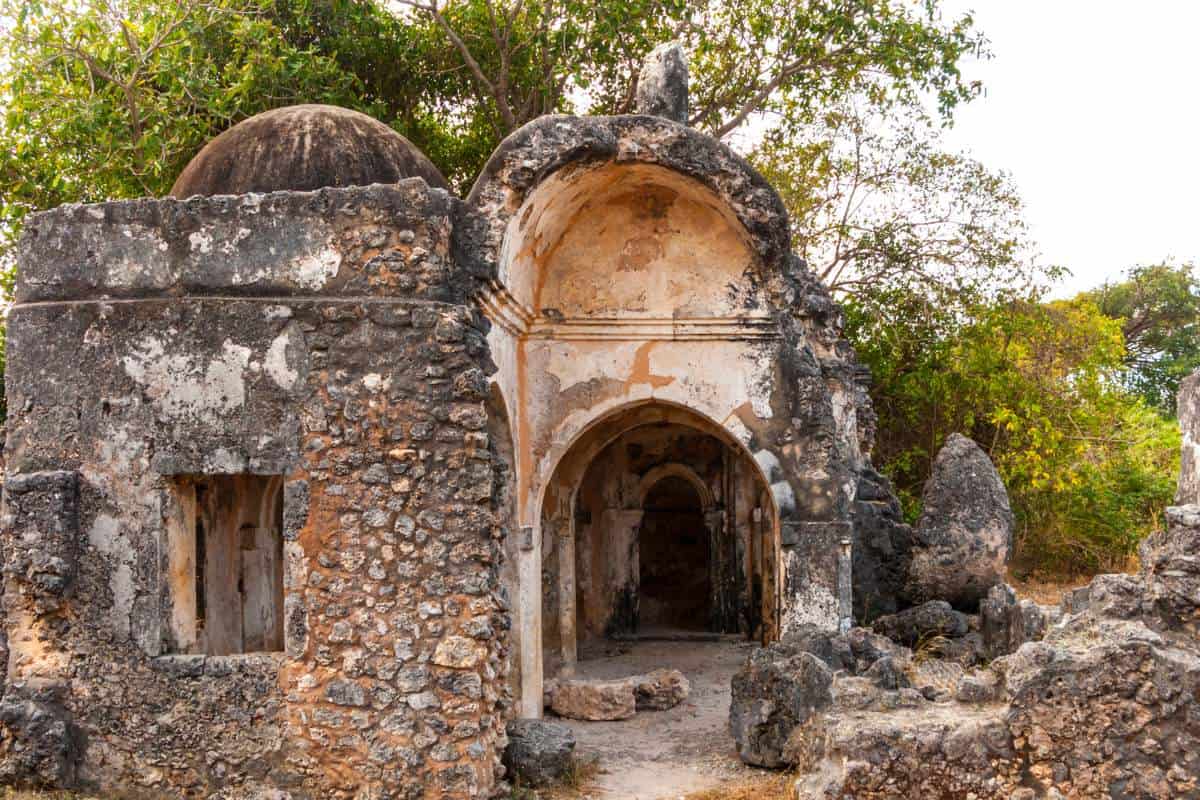
~ Once described as one of the most beautiful cities of the world, the remains at Kilwa Kisiwani are located on an island just off the Tanzanian coast in Africa and acted as an important port from the 13th to 16th century. The merchants of Kilwa dealt in gold, silver, pearls, perfumes, Arabian crockery, Persian earthenware, and Chinese porcelain. During this time period, much of the trade in the Indian Ocean passed through their hands. The ruins are now an important UNESCO World Heritage Site.
Languages
~ Arabic didn’t originate in Africa, but today it’s the mother tongue of over 140 million Africans. As a result, it’s the most widely spoken language on the continent overall.
~ Nigeria is one of the most linguistically diverse countries in the world, with over 500 languages spoken. Although Zimbabwe has the most official languages in Africa with 16.
~ Africa is home to over 3,000 ethnic groups and between 1,500 and 2,000 indigenous languages.
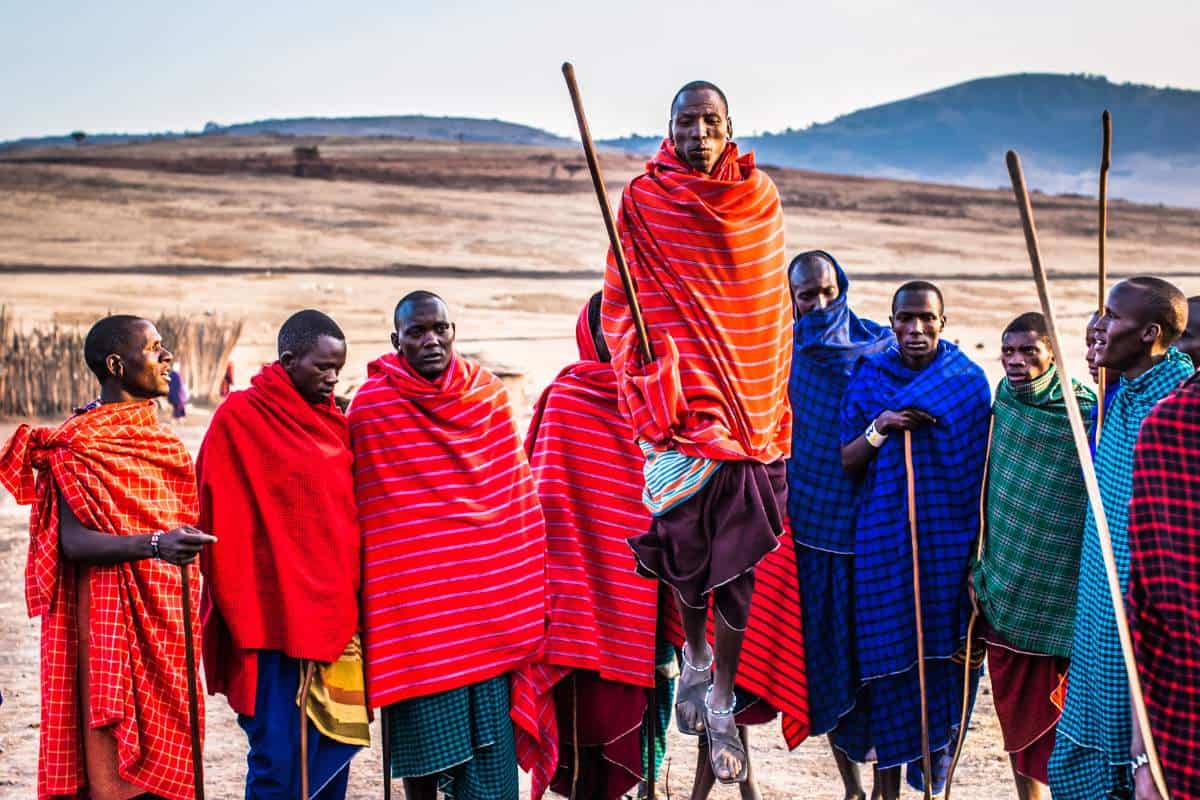
~ South Africa has 11 official languages. These languages include Afrikaans, English, Ndebele, Northern Sotho, Sotho, Swazi, Tsonga, Tswana, Venda, Xhosa, and Zulu. According to South Africa’s census, all but two percent of South Africans speak one of these languages as a first language.
African Food
~ Vegetable staples in African cooking include yams, green bananas, plantains, and cassava. Beans and lentils are also popular components of dishes. Depending on the region and culture, there are many different and unique ways of preparing dishes.
~ Meat is a large part of African cuisine. Many popular African dishes contain protein foods such as beef, mutton, lamb, pork (although some don’t eat pork due to religious restrictions), chicken, and many different types of fish and seafood. Spices also play an integral role in dishes, but the types and flavors depend on the region and the external influences that shaped the culture.
~ Fufu, ugali, sadza, nshima, posho, and pap are all different names for roughly the same thing, a thick porridge that is a staple in households in many African countries. It can be made from maize (corn), sorghum, millet, cassava, yams, and more. Pretty bland on its own, it usually accompanies stews or sauces made with meat or vegetables.
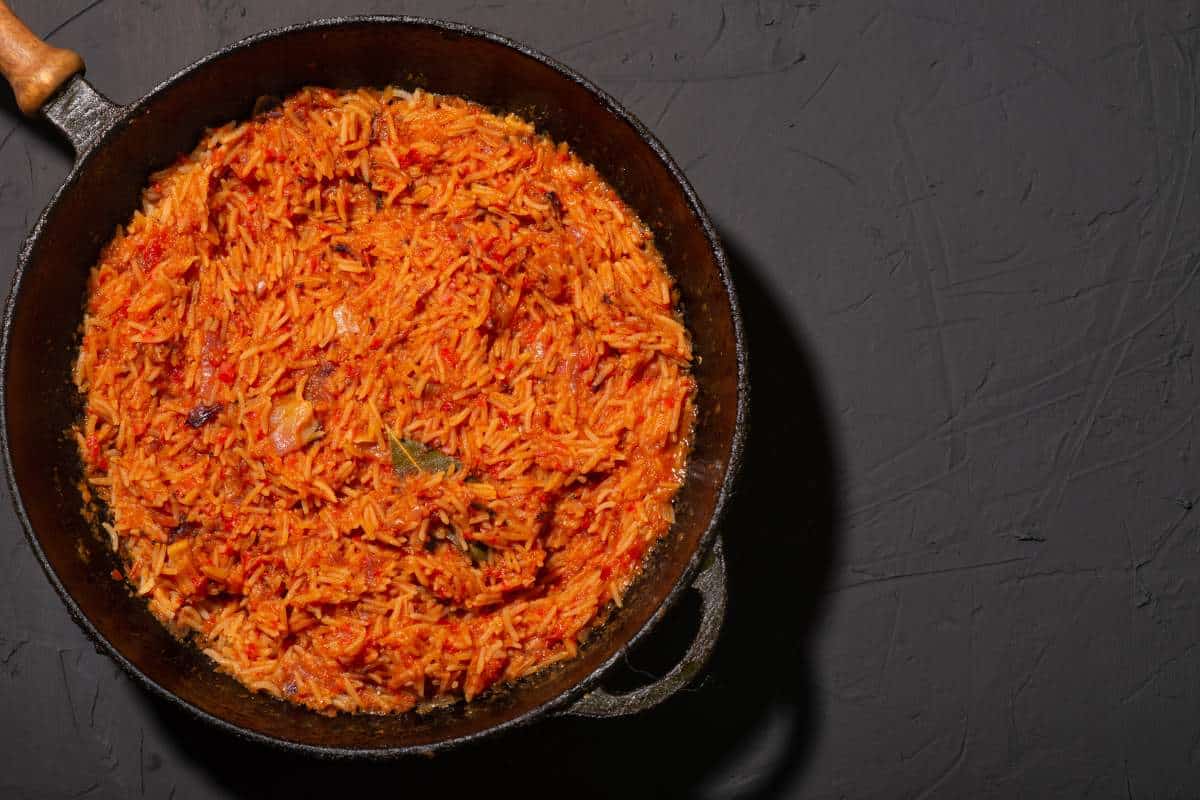
~ Jollof rice is a staple in West African cuisine. It’s made from rice, tomatoes, onions, peppers, and other seasonings. It usually has a meat component as well and is typically served as a main course in a single pot – perfect for large family dinners.
~ Bobotie is often referred to as the national dish of South Africa. It is a dish that is both sweet and spicy and consists of curried minced meat baked with raisins with a creamy, egg-based topping. The origins of bobotie apparently come from using up the leftovers from the Sunday roast.
~ The cuisine of Mozambique is a heady blend of African, Portuguese, Arab, and Oriental flavors! Most dishes have lots of fragrant spices, hot piri piri, and creamy coconut sauces, with hints of cashews and peanuts. The most popular dish is piri pirichicken, an explosion of flavors including lime, piri piri, pepper, garlic, and coconut milk. It is traditionally served with cassava leaves cooked in peanut sauce (matapa).
Now that you’ve read the whole facts about Africa post, get ready to test your knowledge with our quiz!
[adinserter name=”Block 1″]
